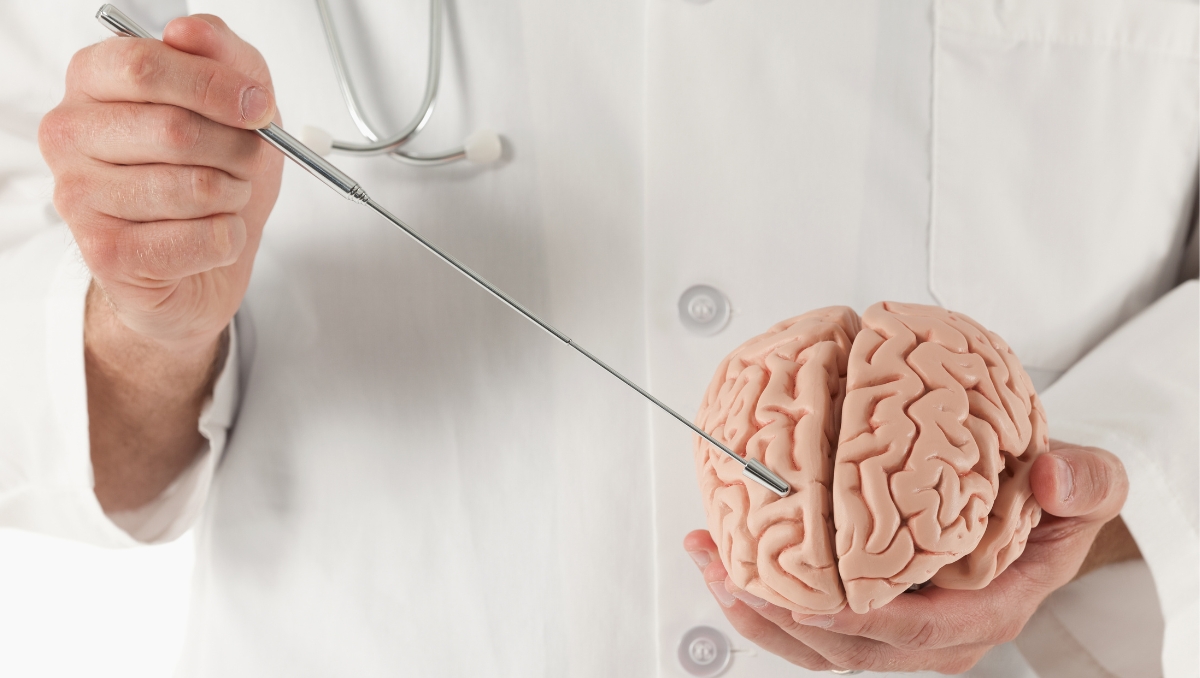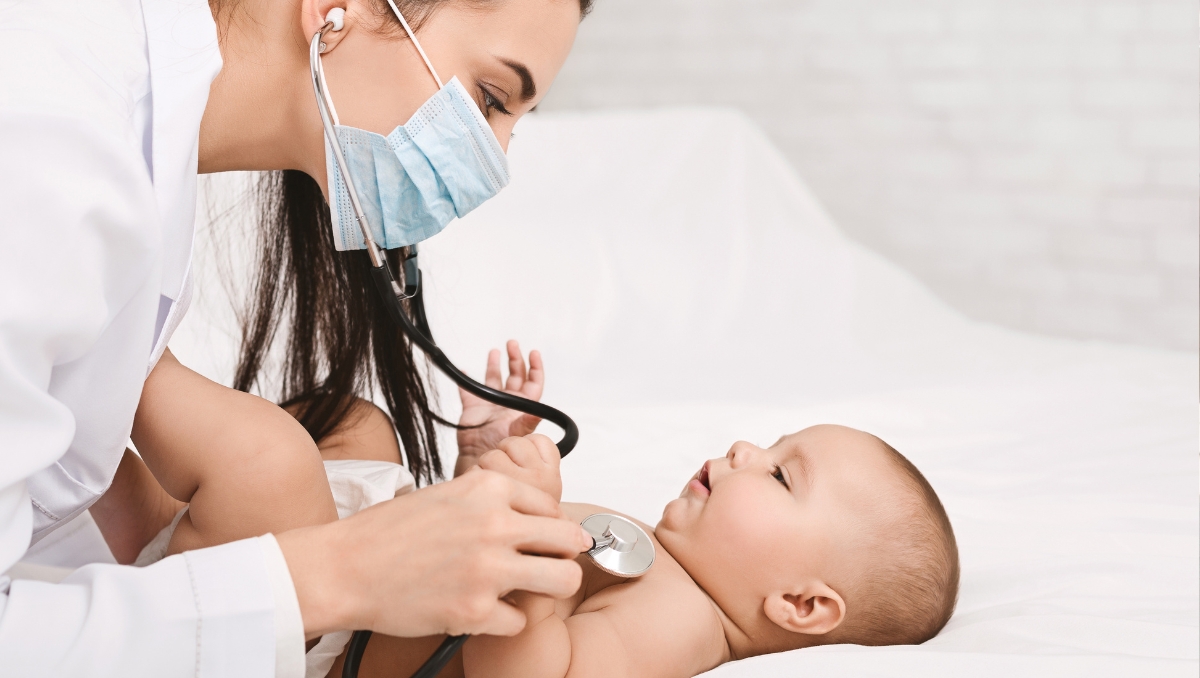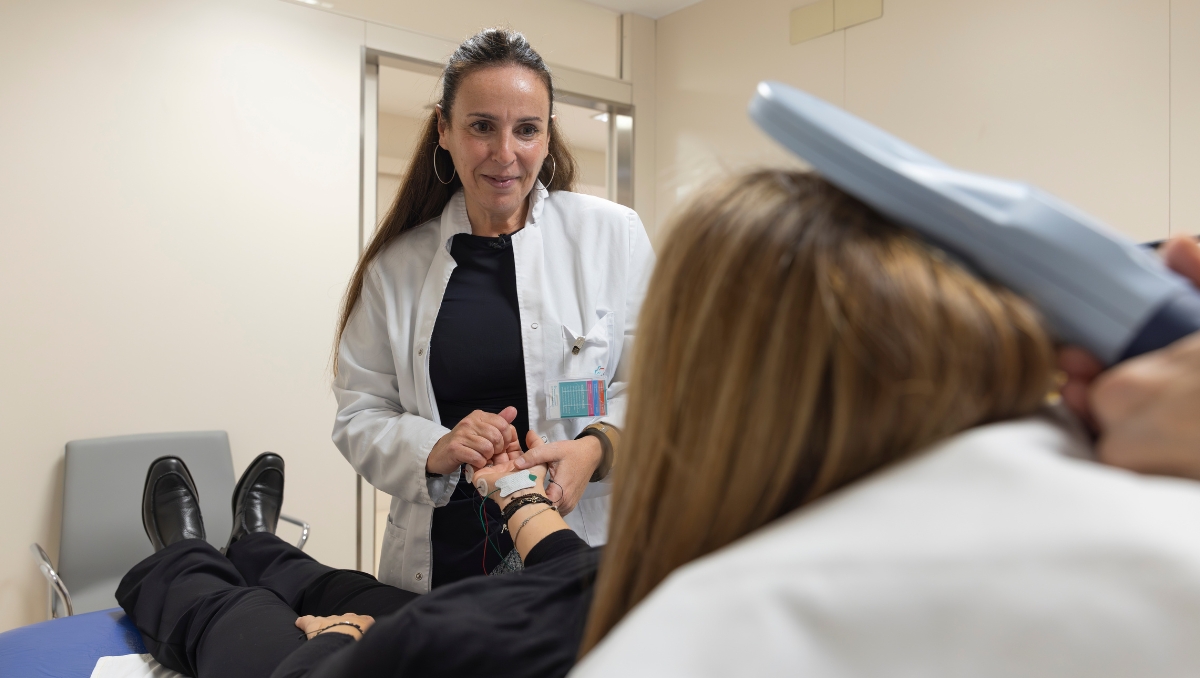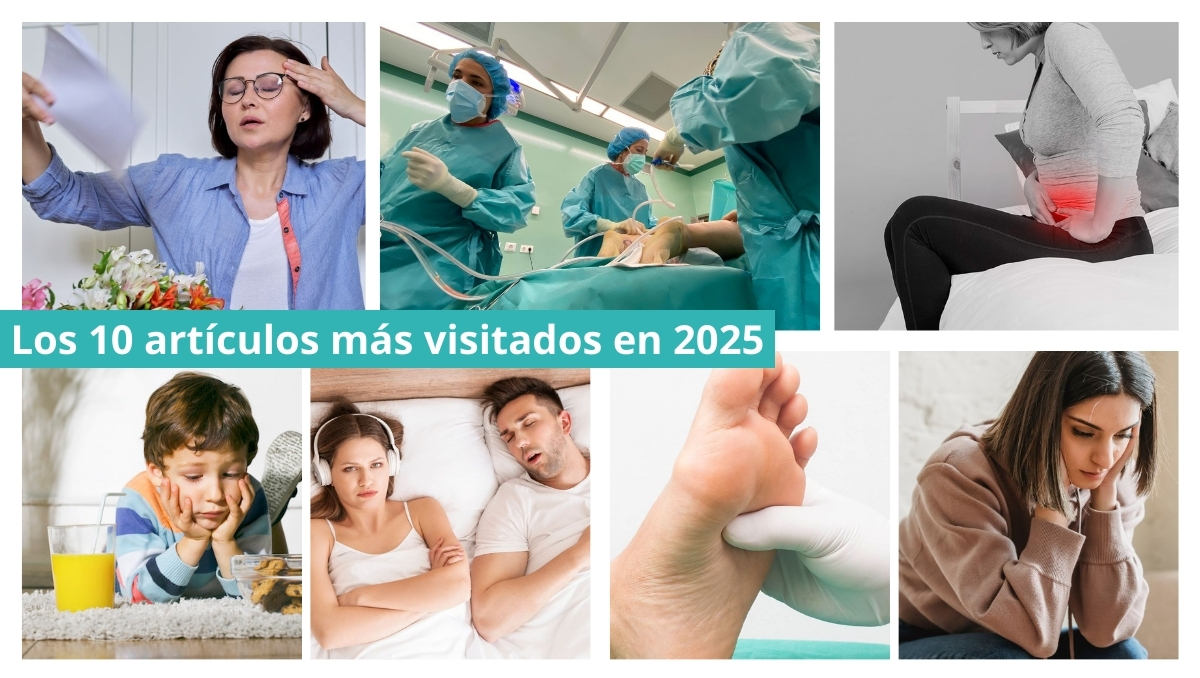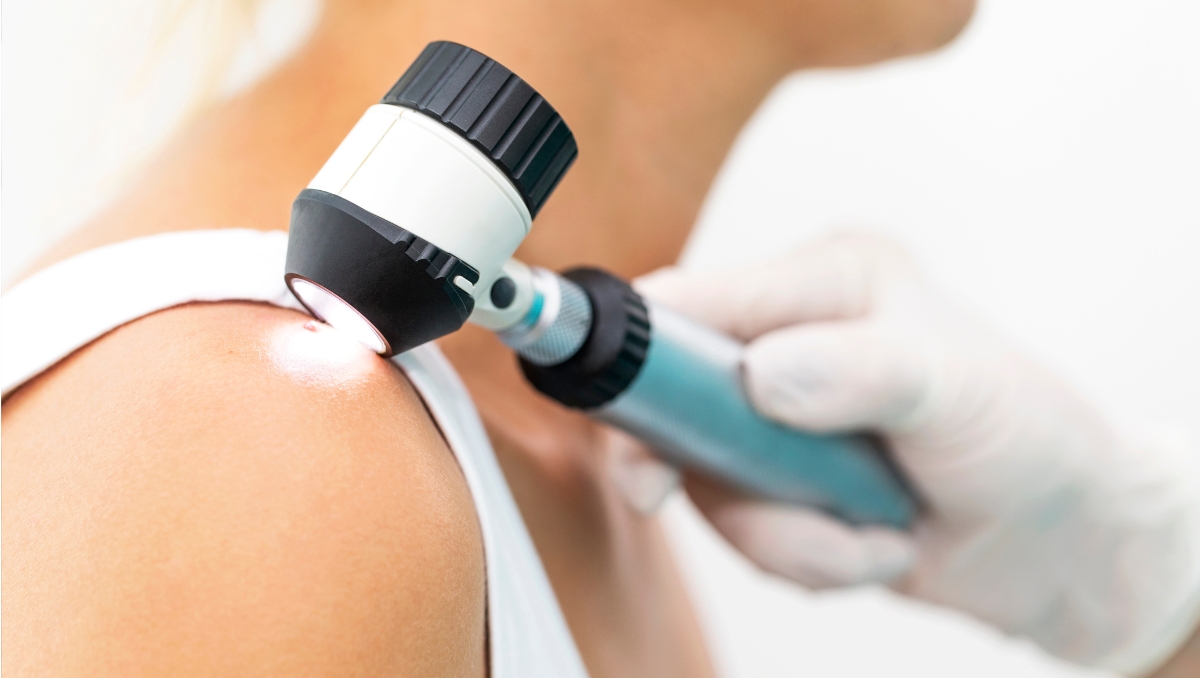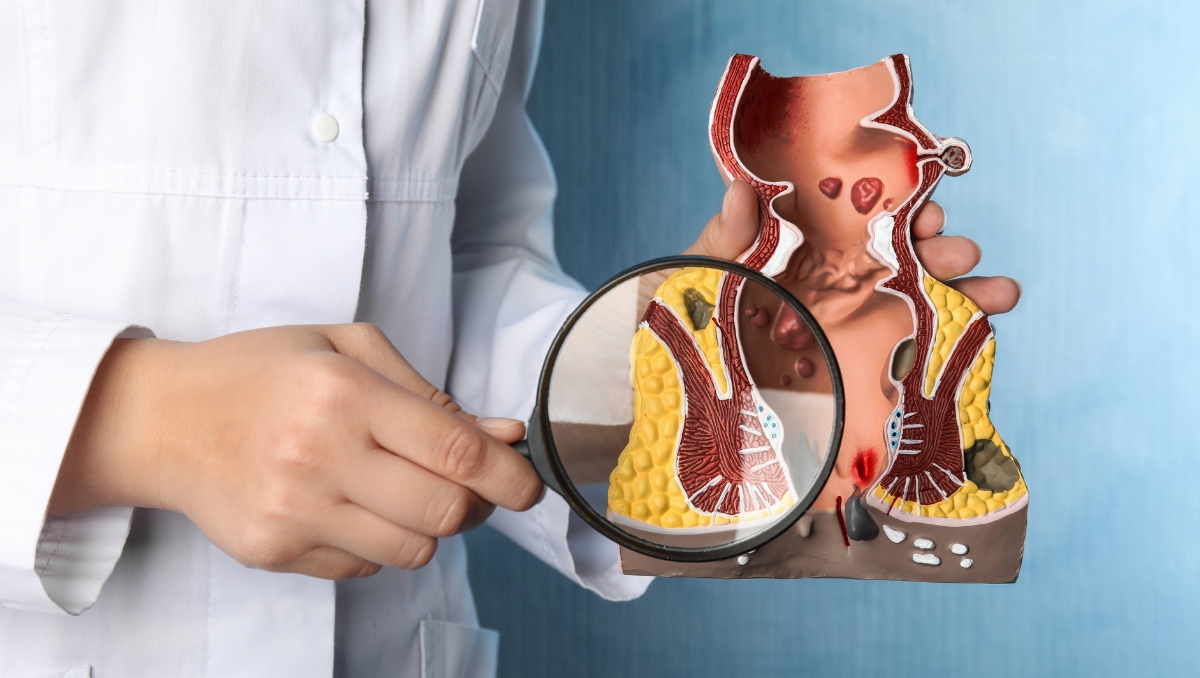Cardiology and Vascular Surgery
At Teknon, we care for your heart with the hearts of our cardiologists


Treatments and Specialities
Our professionals are experts in preventing, diagnosing and treating cardiovascular diseases, providing personalised care tailored to the individual patient.

We know that cardiovascular problems can be very worrying and require quick action, which is why we offer a 24-hour service so that we are available whenever you need us.
We also offer a special ‘high-resolution’ consultation service where, in a single visit, patients can learn about their diagnosis and treatment plan and receive the contact details of a nurse they can contact in case of emergencies.
 Heart expertsOur team, made up of highly qualified professionals from different specialities, has extensive experience in treating all cardiovascular diseases.
Heart expertsOur team, made up of highly qualified professionals from different specialities, has extensive experience in treating all cardiovascular diseases. Technology designed to detect cardiovascular abnormalitiesThis specialised cardiology service offers state-of-the-art technology to make an accurate diagnosis and provide treatment with the lowest possible risk to the patient.
Technology designed to detect cardiovascular abnormalitiesThis specialised cardiology service offers state-of-the-art technology to make an accurate diagnosis and provide treatment with the lowest possible risk to the patient. 24-hour serviceWe know that cardiovascular problems can be very worrying and require quick action
24-hour serviceWe know that cardiovascular problems can be very worrying and require quick action
 State-of-the-art facilitiesThe new cardiology facilities are equipped with state-of-the-art technology and include a hybrid operating theatre, three haemodynamics rooms, a consultation area, a semi-critical care unit and an inpatient ward.
State-of-the-art facilitiesThe new cardiology facilities are equipped with state-of-the-art technology and include a hybrid operating theatre, three haemodynamics rooms, a consultation area, a semi-critical care unit and an inpatient ward.
Health and Wellbeing Blog
The cardiovascular system is responsible for circulating blood and oxygen throughout the human body, and is composed of the heart and blood vessels. This system keeps blood moving within a closed circuit, where arteries are responsible for transporting oxygenated blood from the heart to the rest of the body's tissues. The nutrients obtained from the tissues are extracted and return to the heart through the veins.
The heart consists of three layers: the pericardium, the myocardium, and the endocardium. In turn, it is made up of two atria (right and left – located at the top), two ventricles (right and left – located at the bottom), and four valves (tricuspid, mitral, pulmonary, and aortic). An electrical system is also responsible for controlling the speed of the heartbeat.
The main symptoms of a heart attack include pain or discomfort in the centre of the chest; pain or discomfort in specific areas such as the arms, back, neck, jaw or stomach; as well as shortness of breath, dizziness, cold sweats or nausea.
However, these symptoms may not necessarily indicate a heart attack, so if you have any doubts, you should go to the Emergency Department at Centro Médico Teknon.
The symptoms of arteriosclerosis are not obvious, but the condition becomes apparent when an artery narrows or becomes blocked. Depending on the artery affected, this can lead to a feeling of tightness in the chest, difficulty speaking, numbness in part of the body, or abnormal tiredness.
Patient care may be provided by a specialist doctor such as a cardiologist, neurologist, nephrologist or vascular surgeon. To do so, please do not hesitate to make an appointment with the Cardiology Department or any of the other departments specified on our contact form.
Congenital heart disease refers to problems with the structure and functioning of the heart resulting from abnormal development before birth. The heart defect becomes congenital for the patient at the moment of birth.
The patient must undergo regular check-ups by a specialised cardiovascular team .
.
What is a coronary stent?
A coronary stent is a metal mesh mounted on a small balloon, which is inserted into the heart artery through a catheter.
This mesh allows many patients suffering from coronary heart disease to receive effective treatment that is less invasive than cardiac bypass surgery.
Because certain medical requirements must be met, the cardiologist and surgeon are responsible for deciding whether this procedure is right for the patient.
Coronary stents have effectively and significantly reduced coronary heart disease, which is one of the leading causes of death. Therefore, it is highly recommended to have regular check-ups to ensure that it is working properly and to follow the treatment prescribed by your cardiologist.
How long does a coronary stent last?
The lifespan of a coronary stent is not determined, as it depends entirely on the body's reaction to its presence. Other factors such as the patient's diet, lifestyle and, of course, medical history also play a role. However, in some cases, a stent can last up to 15 years.
How to care for a coronary stent?
As we have mentioned, the duration of the stent is influenced by the patient's lifestyle. Therefore, in addition to following your medical treatment, it is important to eat a healthy diet, get plenty of rest, stay physically active within the guidelines provided by your specialist, and learn to manage and avoid stressful situations.
In addition, it is essential to continue with the check-ups recommended by the specialist, as this will enable us to detect any malfunction as soon as possible.
For further information, please contact the Cardiovascular Institute at Centro Médico Teknon , where a team of cardiology specialists will analyse your case on an individual basis.
, where a team of cardiology specialists will analyse your case on an individual basis.
Atrial fibrillation is the most common type of cardiac arrhythmia, characterised mainly by a lack of coordination and disorganisation of the heart's atrial beats, resulting in an irregular heartbeat.
In some cases, this type of arrhythmia is associated with high-performance sports, so it is extremely important to undergo routine non-invasive medical tests.
If you experience any symptoms, please do not hesitate to contact the Teknon Cardiovascular Institute.
3D-echocardiography is a simple technique for evaluating and assessing the condition of the heart using a 3D ultrasound scan to evaluate the aortic and mitral valves and check for the presence of prostheses or intracardiac tumours.
This type of technique is also useful for studying congenital heart disease and for guiding percutaneous interventional procedures.
How many arteries does the heart have?
The heart has two arteries: the left coronary artery and the right coronary artery. Its main mission is to supply oxygen-rich blood to the heart.
What is the function of the two coronary arteries?
The left coronary artery is responsible for carrying blood to the left ventricle and atrium of the heart, while the right artery does the same for the right ventricle and atrium, as well as the sinoatrial and atrioventricular nodes.
These two arteries extend across the surface of the heart and divide into branches of small blood vessels.
The possible blockage of one of the coronary arteries leads to reduced oxygen and nutrient flow to the heart, which can lead to heart disease and, in turn, affect the heart's ability to pump blood to the rest of the body. For this reason, it is advisable to undergo regular medical check-ups to ensure that it is working properly.
What is the largest artery in the human body?
What is the largest artery in the human body? The left and right coronary arteries originate directly from the aorta, which is the main and largest artery.
The aorta originates in the left ventricle of the heart and extends to the abdomen, where it divides into two smaller branches. The aorta carries oxygen-rich blood throughout the circulatory system except to the lungs. Most of the arteries in our body originate from it.
Teknon Cardiology Institute: We take care of your heart health
At Centro Médico Teknon, we have a team of specialists in valve repair, cardiac cavity reconstruction surgery, coronary artery obstruction solutions, and other cardiac anomalies.
If you are looking for more information about how your heart works, ask the Teknon Cardiology Institute.
Ischemic heart disease occurs as a result of atherosclerosis in the coronary arteries and can lead to angina pectoris or acute myocardial infarction.
There are three treatment options:
- With antiplatelet drugs, beta blockers, calcium antagonists or statins.
- Coronary angioplasty procedure.
- The bypass technique to restore blood flow to the affected area.
For more information about these types of treatment, please contact the professionals at the Cardiology Institute at Centro Médico Teknon
Our team is at your complete disposal.
![]() Centro Médico Teknon
Centro Médico Teknon
Carrer de Vilana, 12, 08022 Barcelona
![]() Opening hours
Opening hours
Open 24 hours
![]() Phone Numbers
Phone Numbers
932 906 200
900 301 013












































